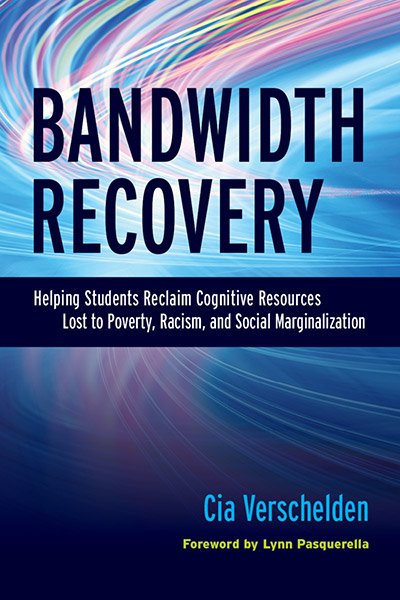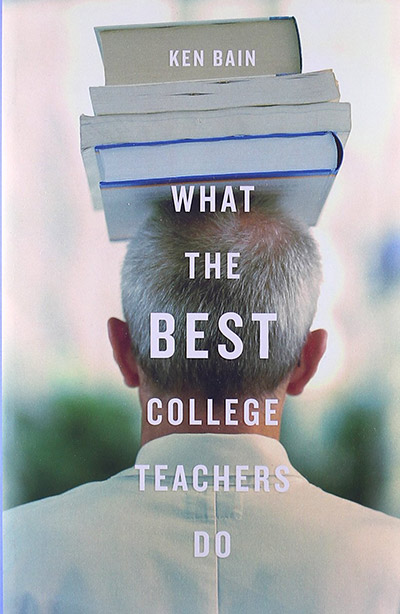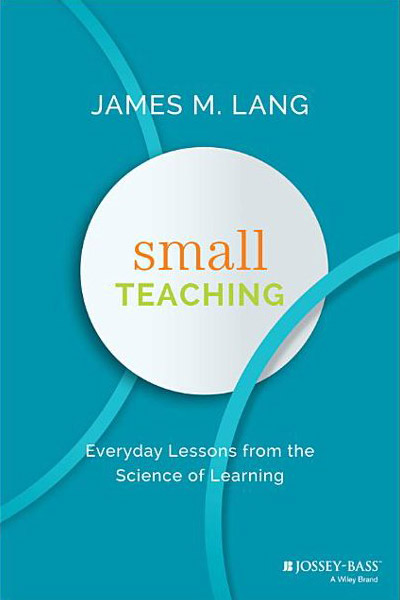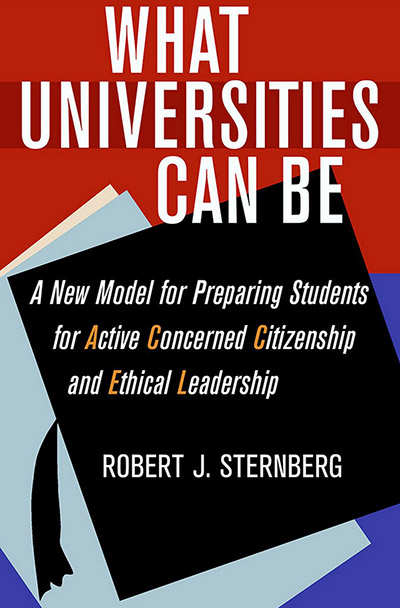Informal Feedback
A tricky but important part of building and maintaining a positive relationship with our students is helping them to see feedback as an essential part of our communication. Grades or points could be thought of as one form of feedback, and many students like to monitor those, but grades also tend to be emotionally fraught for students and can even distract them from the learning we intend for them to do, so it’s useful to build in informal feedback as well, beginning early in the semester. This doesn’t have to be time consuming: We can take a few moments to “take the temperature,” or even get students’ own sense of how much and whether they’re learning and where they might be struggling. Here are a few quick suggestions:
Informal feedback isn’t just important for students, of course—we need it, too. Taking the temperature to determine how things are going so far can help us make adjustments with plenty of time for students (and for us) to benefit from any improvements we make. In addition to getting a sense of their learning so far, we can also ask them how the class is going for them, and any suggestions they have to make things work more smoothly. We usually recommend doing
a survey at or before midsemester, to gather more detailed feedback from students about how the class is going, so if you’d like to customize the
midterm survey template in Canvas or create your own survey to use in a few weeks, there’s still plenty of time, and we’d be happy to help.
If you would like support to gather informal feedback on students’ progress so far, or if you would like to meet with us to design or refine a mid-semester feedback survey, email us at pro-teaching@fsu.edu. We look forward to working with you.
Fall Faculty Reading Groups
This semester, CAT is offering the following fully online faculty reading groups. Each group will meet once a week for three weeks on Zoom to discuss the books in sections. Two books will be available electronically, so it will be possible to participate from anywhere. We hope you can join us! Please register here.
Bandwidth Recovery: Helping Students Reclaim Cognitive Resources Lost to Poverty, Racism, and Social Marginalization
 Wednesdays: 9/22, 9/29, 10/6; 2:00–3:30 p.m. on Zoom | print book
Wednesdays: 9/22, 9/29, 10/6; 2:00–3:30 p.m. on Zoom | print book
Cia Verschelden explains that more than half of our students may be operating with reduced cognitive “bandwidth”: the cognitive resources they need for higher-order thinking and deep learning are tapped because they’re coping with more immediate threats like food insecurity, social marginalization, or disruptive events. The book offers strategies for creating inclusive classroom environments where all students have the opportunity to learn. (If you’re concerned about students in need on our campus, you can also send donations to the food pantry here.)
What the Best College Teachers Do
 Fridays: 9/24, 10/1, 10/8; 10:30 a.m.–12:00 p.m. on Zoom | ebook
Fridays: 9/24, 10/1, 10/8; 10:30 a.m.–12:00 p.m. on Zoom | ebook
Ken Bain wanted to know how some faculty make a sustained, substantial, and positive influence on how their students think, act, and feel. How do some consistently provoke deep learning, while others merely have good intentions? Bain conducted a fifteen-year study of a hundred extraordinarily effective teachers to see how they help their students learn. The book traces how these exceptional faculty approach their subjects, their students, and the process of learning.
Small Teaching: Everyday Lessons from the Science of Learning
 Thursdays: 10/14, 10/21, 10/28; 2:30–4:00 p.m. on Zoom | ebook
Thursdays: 10/14, 10/21, 10/28; 2:30–4:00 p.m. on Zoom | ebook
How do I get my students’ attention? How do I help them to go deeper, to make connections, and to feel empowered by their own learning? James Lang’s book explores the science of learning and shares with us small changes we can make that will have a powerful influence on our students’ learning. Join us as we discuss a variety of practical tools and techniques that can help us answer these and other teaching questions.
What Universities Can Be: A New Model for Preparing Students for Active Concerned Citizenship and Ethical Leadership
 Wednesdays: 10/20, 10/27, 11/3; 2:00–3:30 p.m. on Zoom | print book
Wednesdays: 10/20, 10/27, 11/3; 2:00–3:30 p.m. on Zoom | print book
Robert Sternberg thinks that universities can do a better job teaching things like wisdom, compassion, creativity, and practical thinking. If we’re preparing students to be leaders for the future, they’ll need all of these skills, and opportunities to practice making ethical decisions. This group will discuss strategies for realizing Sternberg’s ideas in our own classrooms.




 Wednesdays: 9/22, 9/29, 10/6; 2:00–3:30 p.m. on Zoom | print book
Wednesdays: 9/22, 9/29, 10/6; 2:00–3:30 p.m. on Zoom | print book Fridays: 9/24, 10/1, 10/8; 10:30 a.m.–12:00 p.m. on Zoom | ebook
Fridays: 9/24, 10/1, 10/8; 10:30 a.m.–12:00 p.m. on Zoom | ebook Thursdays: 10/14, 10/21, 10/28; 2:30–4:00 p.m. on Zoom | ebook
Thursdays: 10/14, 10/21, 10/28; 2:30–4:00 p.m. on Zoom | ebook Wednesdays: 10/20, 10/27, 11/3; 2:00–3:30 p.m. on Zoom | print book
Wednesdays: 10/20, 10/27, 11/3; 2:00–3:30 p.m. on Zoom | print book